Pope Francis pens the preface to the book, “As Jesus Taught Us: The Prayer of Pilgrims of Hope” (Edizioni San Paolo), which will be released on Wednesday, October 9. The text is a collection of the Pope’s reflections on prayer, some unpublished.
By Pope Francis
I learned to pray from my grandmother. She is the one who taught me to pray and also instilled in me a devotion to Saint Joseph. Then, the spiritual fathers I had, both in the seminary and in the Society of Jesus, helped me grow in my experience of prayer.
Among them, I would like to mention Father Miguel Angel Fiorito, an Argentine Jesuit, a philosophy professor, but also an enthusiast of spirituality. His works have now been published in Italy as well: a great spiritual master who taught me to grow in my way of praying. He offered many courses on spirituality. He taught me to pray as a son and not to seek the “candies” of consolation: How does prayer happen? How do we get used to praying? What should we do when there is consolation or even desolation, when we don’t feel like praying? He was a teacher of spiritual life for me. Over time, my formation in prayer has remained the same.
Even as Pope, nothing has changed: I pray as I always have, with the same rhythm. Sometimes I say vocal prayers, sometimes before the Blessed Sacrament, I endure moments of dryness. My prayer continues through beautiful things and not-so-beautiful things. Sometimes I think I need to pray more, that’s true. There’s no time, but I need to pray more. I always stick to the Liturgy of the Hours; I never abandon it: in the afternoon, Vespers; later, the Office of Readings; in the morning, Lauds; and then Mass. And then there’s mental prayer, the prayer of meditation; when I have a little time, I try to have a conversation and ask the Lord something, but I fear He might respond…
And then there’s the Our Father, the prayer of Jesus. It has everything! When the disciples ask Jesus to teach them to pray, He didn’t call a catechist to instruct them on some methodology of prayer or a specialist in the art of oration. He said: “Say this: Our Father” (cf. Luke 11:2). The Our Father is the universal prayer, the prayer of children, the prayer of trust, the prayer of courage, and also the prayer of resignation. It is the great prayer.
And there are prayers to Mary: I also have great trust in the Madonna; I always pray the Rosary. I like to feel her close because she is a Mother and she guides us. There’s a very beautiful story, which is of course a legend, that tells us how Our Lady saves everyone! It’s the story of Our Lady of Thieves, protector of robbers. They steal, but because they pray to her, when one of them dies, Our Lady, who is at the window of heaven, gestures for him to hide. She tells him not to go to Peter, who won’t let him in. But in the evening, she opens the window of Paradise and lets him in from there. I like this: Our Lady is the one who lets you in through the window. It’s almost like smuggling. Just like at Cana. The Lord did not have the freedom to say no. She’s like this with her Son. It’s like this: pleading omnipotence.
It is also because of this trust that, at the end of my public addresses, I always ask people to pray for me. I need the community to support me in this service to the Church. If the Church doesn’t support you with prayer, you’re done. The community must support its bishop, and the bishop must pray for the community.
Prayer opens the heart to the Lord, and when the Spirit enters, it changes your life from within. That’s why we must pray: to open the heart and make space for the Spirit. We pray to Jesus, the Father, and Our Lady, but we don’t often converse in prayer with the Holy Spirit. Yet it is the Holy Spirit who changes our heart, enters our heart, and transforms it. The Father doesn’t anoint us; the Son doesn’t anoint us. It is the Spirit who anoints us with His presence, and it is the anointing of the Holy Spirit that helps me understand the reality of the Church and the mystery of God.


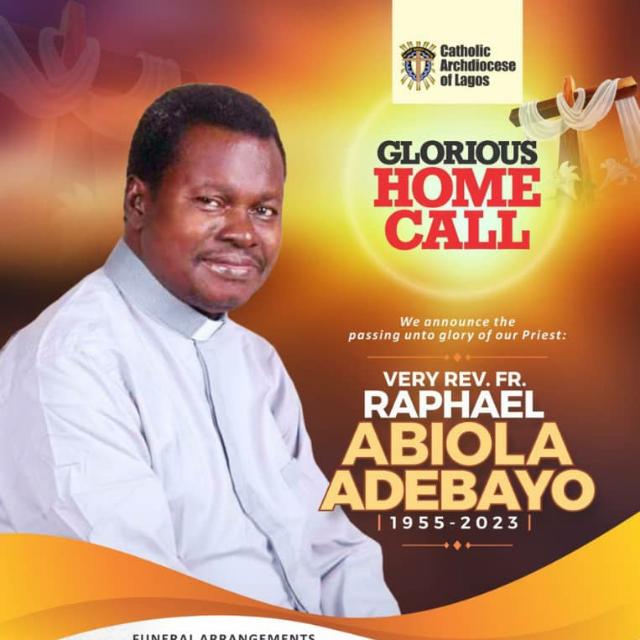

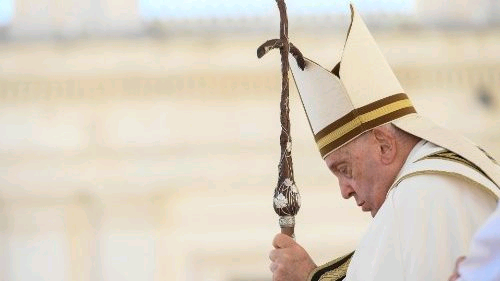
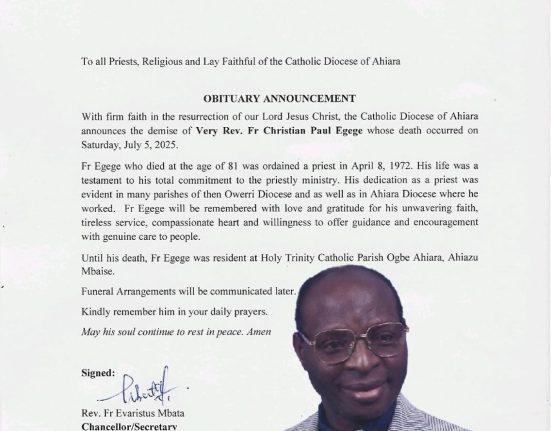
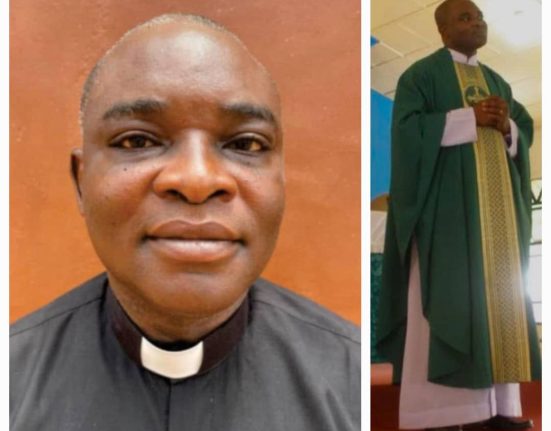

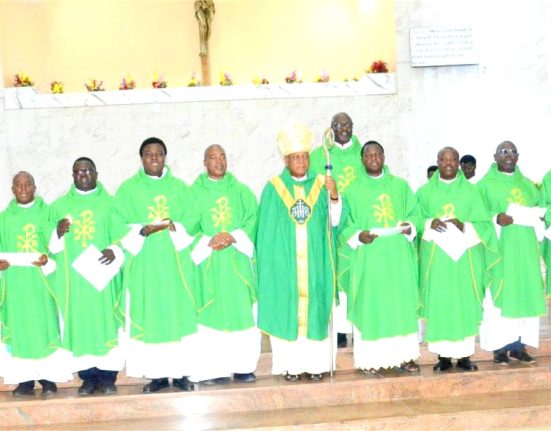
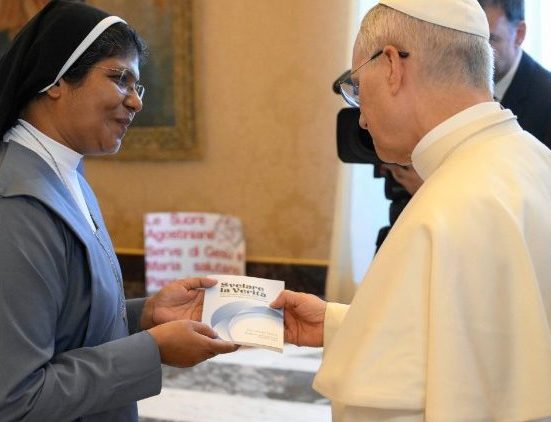
Leave feedback about this